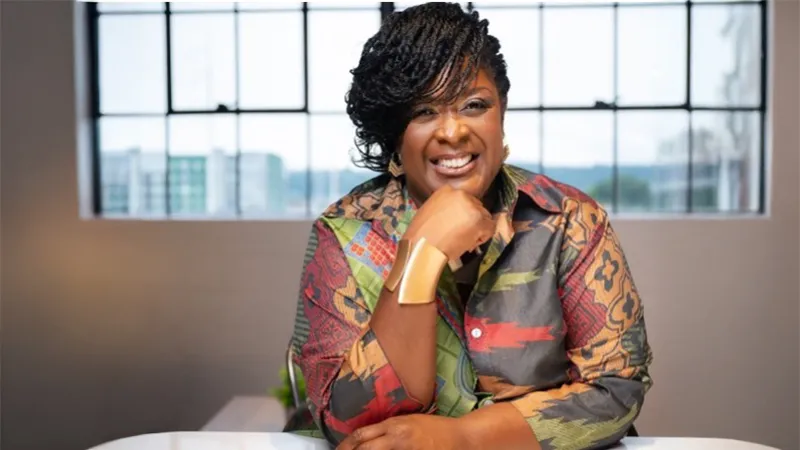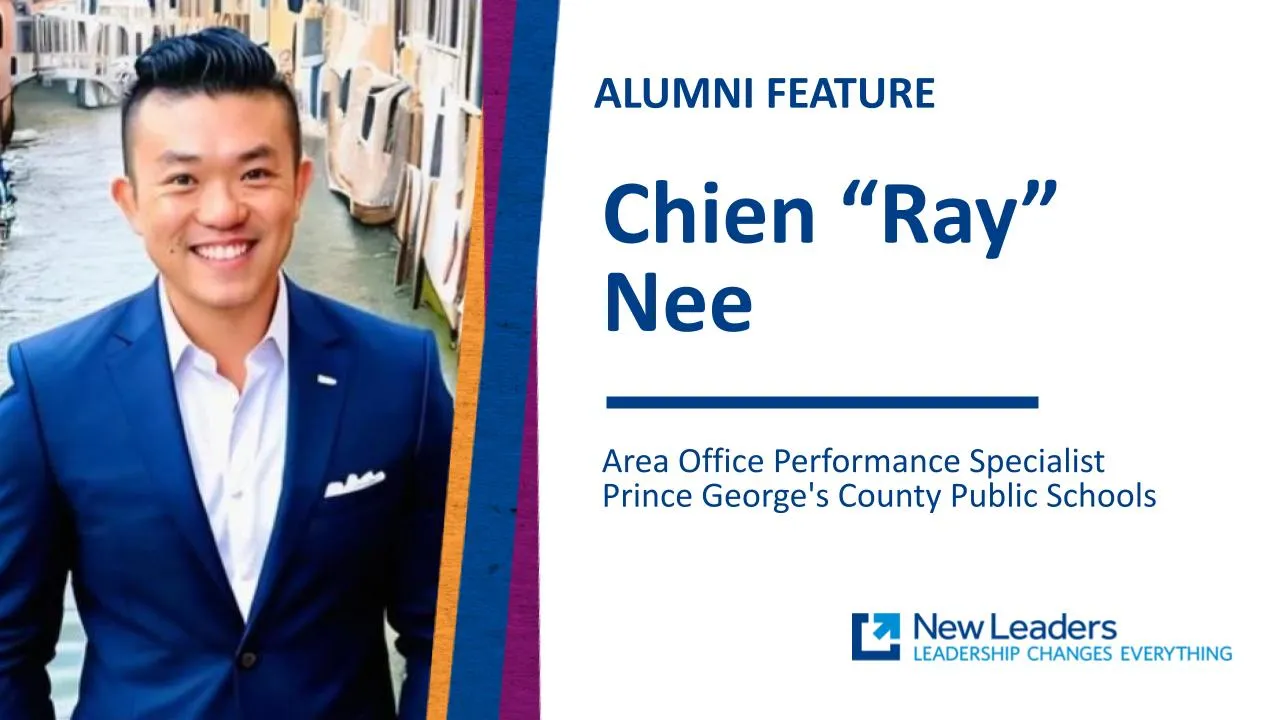Looking Back to Move Forward: Lessons learned to drive ARP investments


“I think we could have been bolder,” reflects Michelle Pierre-Farid, New Leaders alum and the former Chief Academic Officer for Cleveland Metropolitan School District when Ohio won $400 million in Race to the Top funds. Today, Ohio stands to receive $4.5 billion from the American Rescue Plan (ARP).
“This is one of those critical moments: How do we make education so much better than it is now? How do we revitalize it and truly change the lives of children?”
To help education leaders and schools seize this moment, we turned to the wisdom of the past. We asked two former district leaders to share lessons learned from past crises: Pierre-Farid led Cleveland’s Race to the Top initiatives in 2010. Noah Wepman, former Chief Financial Officer of District of Columbia Public Schools (DCPS), oversaw federal investments in the aftermath of the 2008 financial crisis. Their top five recommendations include:
Be bold.
Ask yourself and your team this driving question: What do our children need to be successful? Once you identify that, then work your way back to the adults and what adults need to be successful. In Cleveland, we focused primarily on the adults and in the end, we did good work at a better pace with the funds we received. But we really only tinkered around the edges of what learning and teaching need to be. Take this opportunity to make education profoundly better, not just slightly better.
Focus on outcomes more than outputs.
Outcomes are what drive real change. For Race to the Top, we collected a ton of data: how many teachers we trained; how many books we purchased; how many jobs we saved in the district. But we didn’t think enough about what we expected to see as a result of all our efforts: How many teachers improved their practice as a result of all the professional development? Or our new evaluation system? Or the supports we put in place? Take the time now to think through the outcomes and what you want to be different for your students and your community.
Think beyond 2024.
Remember that the end game is impact and sustainability. You need to anticipate the dreaded fiscal cliff, that sharp decline in federal funds when ARP funding ends three years from now. Work side by side with the unions now. Engage business leaders, community partners, local foundations, and families to examine and discuss these issues long before they happen, particularly if ARP funds are being used to hire new staff. Ask your CFO to run budget models beyond 2024. In DCPS, we used federal dollars to create new models that ensured art, music, gym and a half-time social worker in every school. Today, more than a decade later, that model is still in place. Build sustainability into your plan so the ARP investments you make today will deliver returns long after 2024.
Bring in your families.
The pandemic has radically shifted how we communicate with families on a more regular and meaningful basis. Be sure to engage parents in your planning conversations. Offer online surveys to invite their feedback. Communicate the vision and plan widely. And then, over communicate it, emphasizing where you want to go and why. This continually brings your community back to your shared vision. The more you engage families, the more they can become champions and advocates for your school and district when the budget landscape changes.
Don’t go it alone.
Be sure to reach out and thought partner with others. Share your plan with leaders you respect. Get feedback from education organizations beyond the state and federal departments of education. Reach out to New Leaders and we can support you in finding creative ways to make your vision a reality.
Now is the time to step up, to innovate, to accelerate learning. We have the opportunity. We have the resources. We have the know-how.




.svg)
.svg)
.svg)
.svg)



.svg)
.svg)









